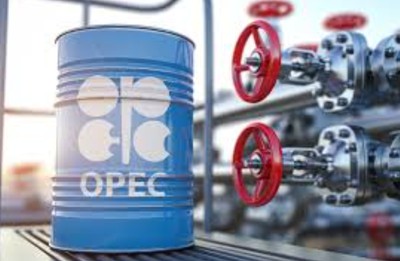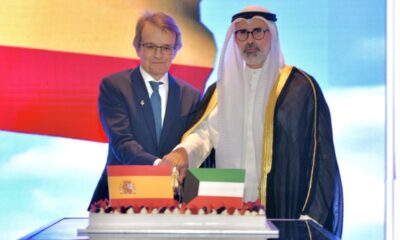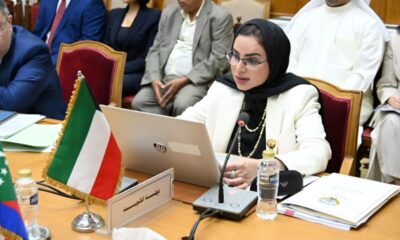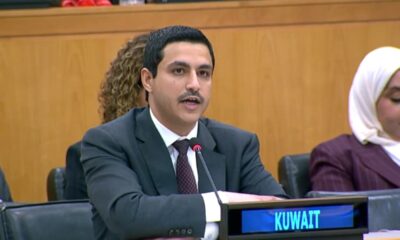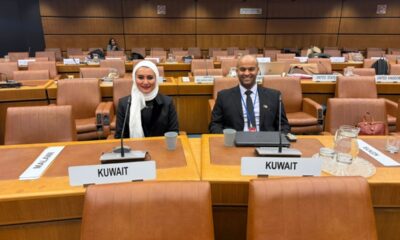KUWAIT CITY, July 6: Minister of Oil Al-Roumi reaffirmed on Saturday Kuwait’s full support for OPEC+ efforts aimed at enhancing the stability of international oil markets. Al-Roumi headed the Kuwaiti delegation participating in the meeting of the eight OPEC+ countries, held via video conference on July 5, 2025, Ministry of Oil said in a statement. The meeting of the eight OPEC+ countries involved in voluntary production cuts agreed to increase output by 548,000 barrels per day starting in August 2025, the statement added.
The delegation also included Kuwait’s Governor at OPEC Mohammed Al-Shatti, and the country’s National Representative to OPEC, Sheikh Abdullah Sabah Salem Al-Homoud Al- Sabah. Meanwhile, the State of Kuwait and seven other countries of the OPEC+ coalition have affirmed their commitment to support the oil market stability in light of its current sound condition and positive forecast of the global economy. The joint statement was declared in a statement released by the media center of the Organization of Petroleum Exporting Countries (OPEC) after a virtual meeting held by the eight states — Kuwait, Saudi Arabia, Russia, Iraq, the UAE, Kazakhstan, Algeria and Oman.
The meeting was organized to examine the oil market conditions following the 2023 decision for a voluntary output cut. Moreover, the eight oil-producing countries declared that based on the decision released on December 5, 2024, regarding gradual and flexible return to the voluntary output change, amounting to 2.2 million barrels per day, effective April 1, 2025, a decision was also taken to alter the production by 548,000 barrels per day in August compared to the adopted production last July — equivalent to four consecutive monthly increases. These phased increases can be suspended or cancelled in light of the market conditions.
Furthermore, the eight crude producers indicated that such measures would enable them to speedily make up for the amounts that had been produced above the set quota since January 2024. They affirmed full adherence to attain consensus, including the voluntary modifications that had been agreed upon by the joint ministerial commission for observing the production during its 53rd meeting held on April 3, 2024. Additionally, they declared that they would hold monthly meetings to assess the market conditions and adherence to the output quota. They also agreed on holding the next meeting on August 3 to set the production ceiling for September. OPEC statistics on last July’s output showed that Saudi Arabia came first with the production standing at 9.5 million bpd, followed by Russia with 9.2 million bpd and then Iraq, 4.1 million bpd.
(KUNA)

 Politics19 hours ago
Politics19 hours ago
 Latest News20 hours ago
Latest News20 hours ago
 Latest News18 hours ago
Latest News18 hours ago
 Politics10 hours ago
Politics10 hours ago
 Business10 hours ago
Business10 hours ago
 Latest News10 hours ago
Latest News10 hours ago
 Politics9 hours ago
Politics9 hours ago
 Business8 hours ago
Business8 hours ago
